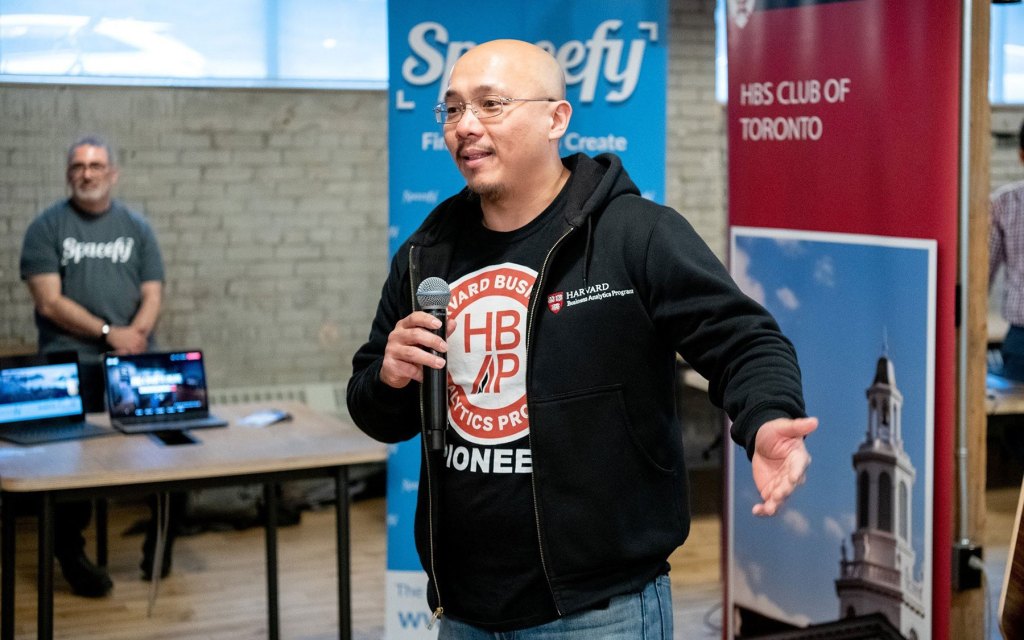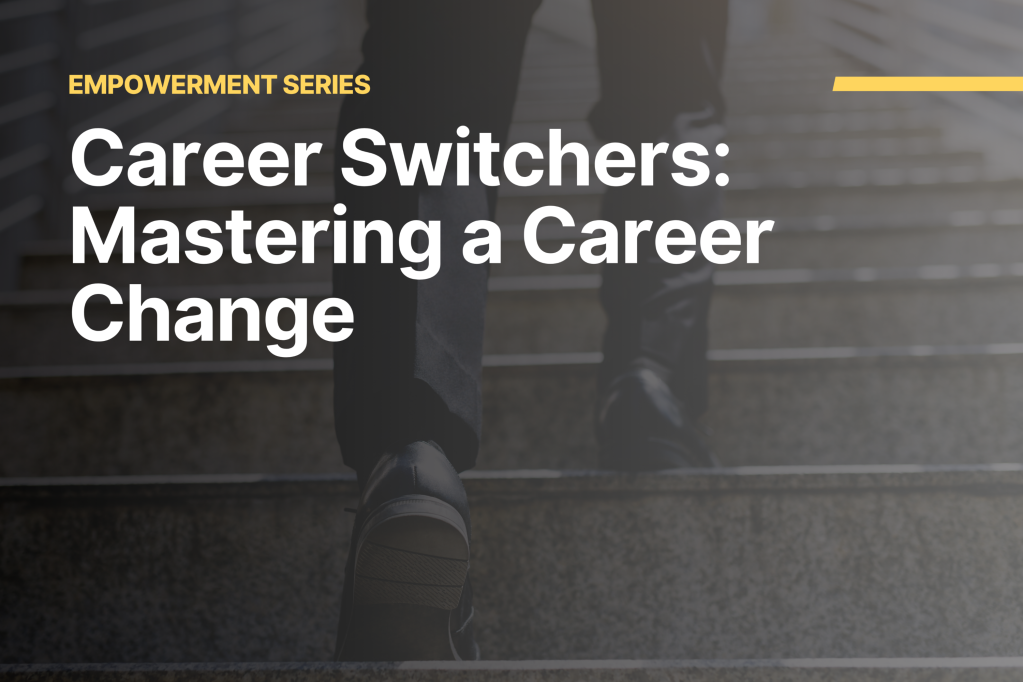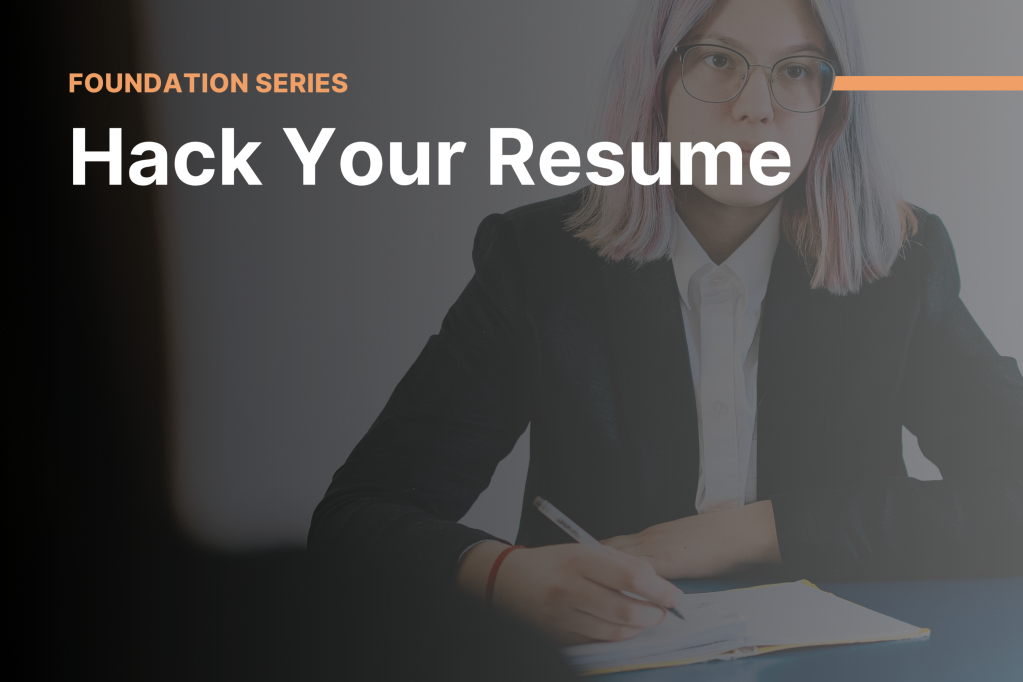
We’ve talked with thousands of employers, and know exactly what they look for in top candidates. From these conversations, we’ve identified a difference between candidates who are employer-ready and those who are employer-competitive.
What is the difference between employer-ready and employer-competitive?
Employer-ready means that you have the minimum requirements to enter into a typical job application process for a given career path. Your job search materials are strong and complete, and with some luck, an employer will notice you in a stack of applications and decide you are the right fit for the role.
| EMPLOYER-READY |
| Professional CV/Resume and Cover Letter (if applicable) Clear, concise, and compelling CV/resume and cover letter (if applicable) that includes any relevant work experience.If no relevant work experience, include projects and/or experiential learning completed in your program. Online Presence: LinkedIn Profile Up-to-date LinkedIn profile with strong professional photo, summary statement, detailed and complete work experience, skill set that is relevant to your program, and links to your portfolio (if applicable). Polished GitHub (if applicable) 20+ commits per project, refactor previously submitted code. 3-6 pinned repositories, all of which have the following: Professional titles (not “Homework 1”)Thorough READMEClean code |
Employer-competitive means that you’ve prepared thoroughly to provide the best chance to secure a desired job. Your job search materials are excellent, you’re well-prepared for interviews, and proactively seek and pursue the desired jobs with multiple networking strategies.
| EMPLOYER-COMPETITIVE |
| Professional Materials: CV/Resume, LinkedIn Profile, Portfolio and Cover Letter (if applicable) Clear, concise, and compelling CV/resume and cover letter (if applicable) tailored to the specific job.Engaging and thorough portfolio (including artifacts, projects, etc.) that demonstrate your expertise to employers.Up-to-date LinkedIn profile with a strong summary statement. The summary should explain all industry qualifications and skills, transferable skills, professional experience, and a professional photo.Generate a list of three to five references spanning your career. Polish Your GitHub (if applicable): GitHub: 20+ commits per project, refactor previously submitted code.Contribute regularly to open source projects.Three to six pinned repositories with professional titles (not “Homework 1”), thorough READMEs, and clean code. Build Your Visibility Attend employer-facing events organized by 2U, Inc., parent company of edX. Attend one to two local Meetup/Eventbrite events per week, make two to three solid connections per event.Create business cards that include desired title, links to online profiles such as LinkedIn, portfolio, and QR code for CV/resume.Reach out to your entire network to inform them of the specific roles you’re looking for.Use LinkedIn to connect with five employees/decision makers per week.Conduct three+ informational interviews a week with industry leaders.Follow desired companies on social media. Prepare for a Successful Interview – Attend a behavioral interview workshop.Research common behavioral interview questions, write answers, practice until your answers flow.Schedule a 1:1 mock behavioral interview with your career team. Apply to Jobs Apply to at least 10 jobs per week.Set up email notifications from job boards for common keyword searches.Share application status with your career team so they can leverage possible employer relationships or alumni connections.Follow up on all applications within one week. Improve Your Skills Take online courses, target your learning by researching in-demand skills or technologies in your market.Build a solo project and update your portfolio with your new skill set. |









